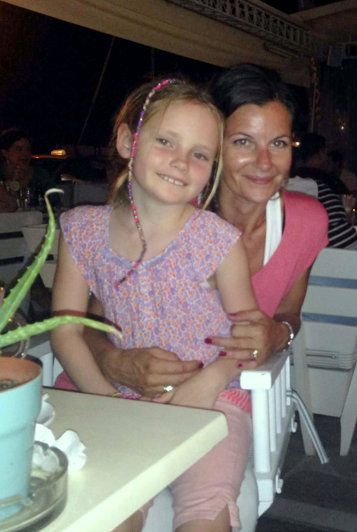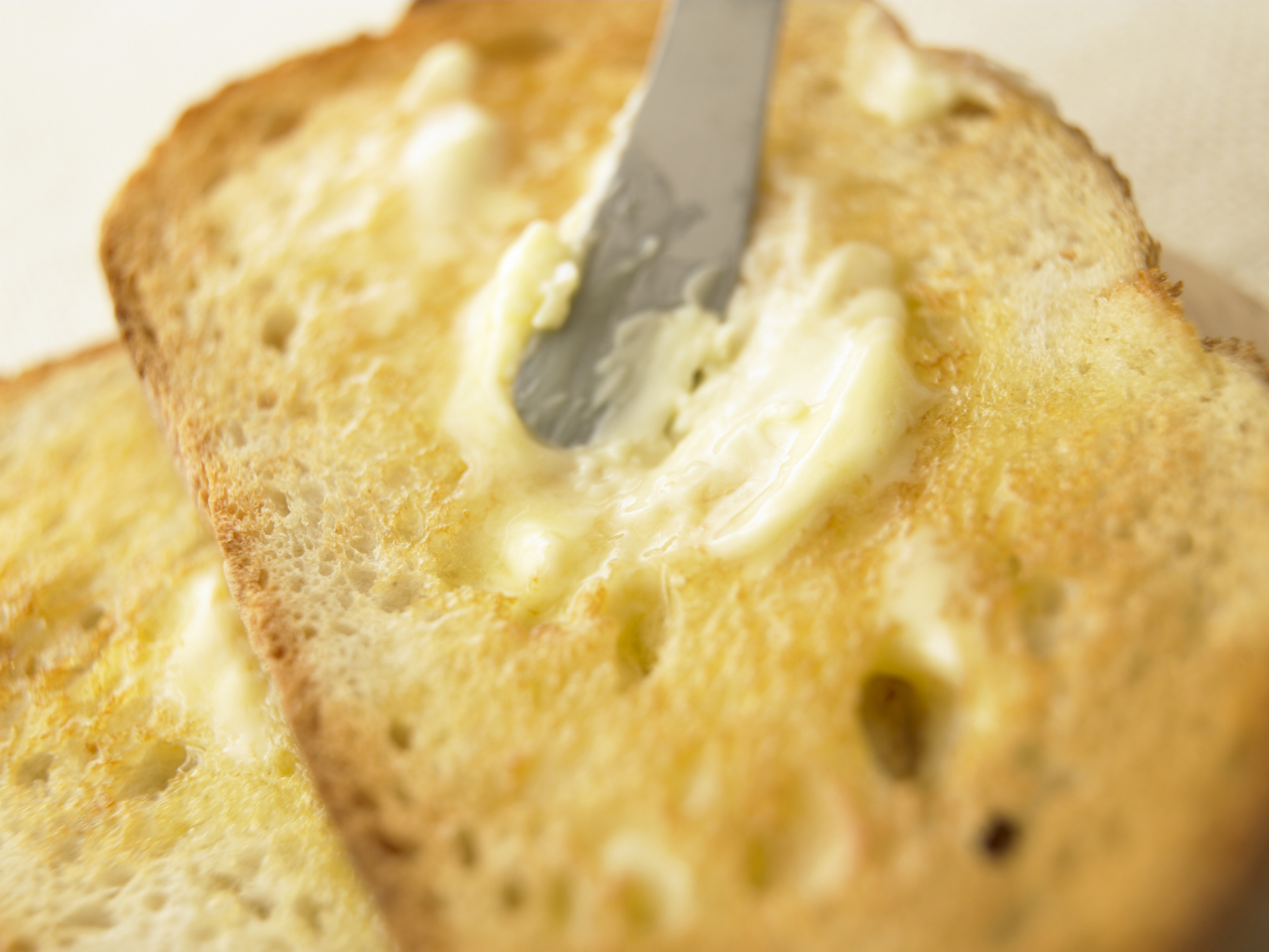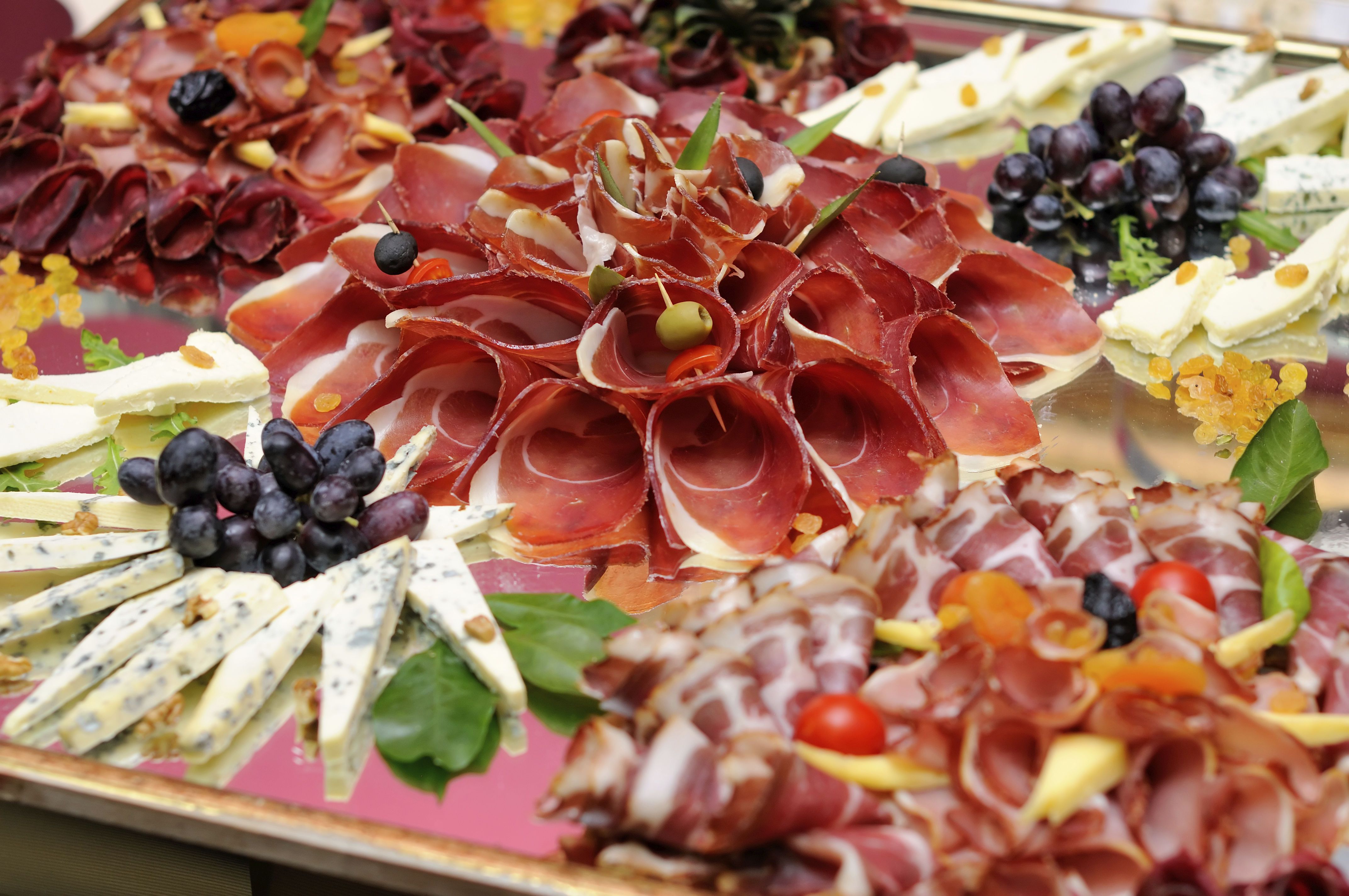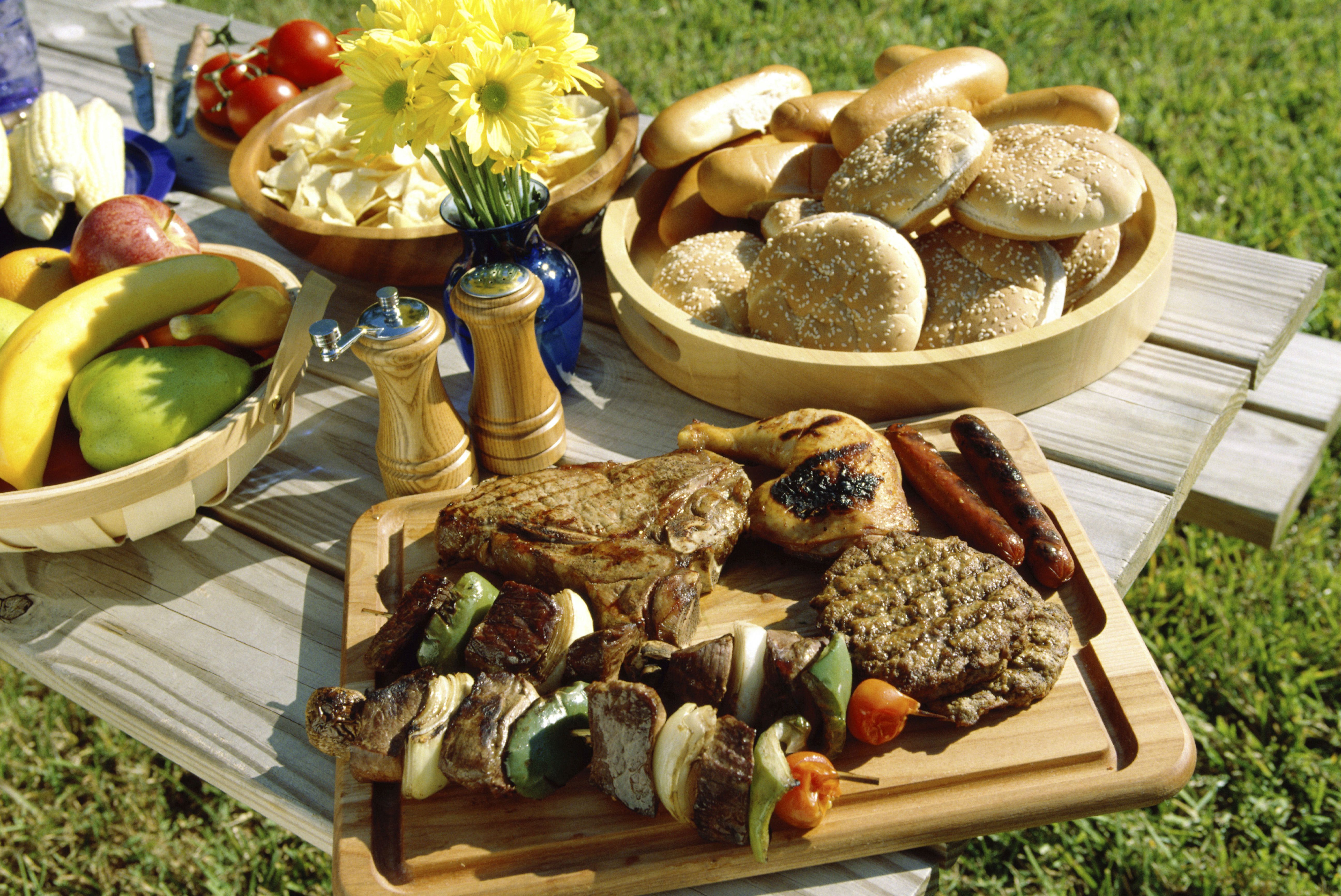Happy Baba Marta!
Today is “Baba Marta Day”. In Bulgaria the 1st of March marks a holiday that welcomes the upcoming spring. “Baba Marta” translates to “Grandma March”, the mythical character who brings the end of the bitter cold winter!
On this day people exchange “Martenitsi”. These are red and white coloured bands or figurines that symbolise health and happiness. The white initially represented human nature and strength, whilst the red showed health and the woman’s nature.
The most traditional martenitsa consists of two small dolls (male and female) and are called “Pizho and Penda” (Пижо и Пенда). Martenitsi come in many other shapes and sizes and people wear them as lucky charms.
The tradition is to wear your martenitsa until you see some signs of spring: blossoming trees or birds like storks and swallows. Some people then tie their martenitsa to a tree – so next time when walking through a park, if you see red and white yarn bracelets hanging on a branch, you know the mystery behind it! It was also believed that people placed them under a rock. They would then come back nine days later to see if there had been any ants; if there were the year would bring lots of sheep. Some people also chose to throw them into the river and let them flow away, representing the troubles of life leaving.
Thanks to Nikolay, who made us all martenitsi to wear today! Let’s see how many of our wishes come true…

Bonus fact: “Mărţişor” is a Romanian holiday that is similar to “Baba Marta”. It’s also believed in Romania that wearing the red and white bands leads to a prosperous and healthy year. The threads are hung somewhere outside the house like a gate to protect against evil spirits. Today the threads are still bought by people for their friends and family to show admiration.
Happy Baba Marta!
Not your average Monday: what’s so special about 29th February?
Happy Leap Day! The 29th of February comes around every four years, but how much do you know about this extra day?
What is Leap Day?
Originally the Sumerians divided the year into 12 months and allocated 30 days for each month. This was adapted by the Egyptians, who realised that this didn’t fit in with the amount of time taken for the Earth to orbit the sun. The Egyptians decided to add five days in at the end of each year to give us the 365 days we have now; however, these five days were just for partying and celebrations – sounds good, right?! The leap year then came about from the Gregorian calendar, with the idea that one day would be added onto February every four years.
Leap years around the world
No one seems to know why it is called a ‘leap’ year, but there are other names for it around the world. In German a leap year is called ‘Schaltjhar’, in Russian it is ‘année bissextile’ and in French it is similar with ‘anno bisestile’. Interestingly in Italian it is called ‘l’ann d’la baleina’ which translates to ‘the whale’s year’, after a belief that whales only give birth during leap years. In many countries a leap year is believed to be bad luck; Russia and the Ukraine believe that getting married or buying a house during a leap year is unlucky. In Taiwan it is considered really unlucky; the Taiwanese go so far as to say that parents are more likely to die during a leap year.
What’s all this about women proposing?
 Perhaps the most well-known leap year tradition is the idea that women can propose to men in this year. This is believed to be introduced by an Irish nun who thought that women had to wait too long for suitors to propose and convinced St Patrick to give women permission to ask a man to marry them once every four years. It was thought that if a woman did want to propose she had to wear breaches or scarlet petticoats in order to do so.
Perhaps the most well-known leap year tradition is the idea that women can propose to men in this year. This is believed to be introduced by an Irish nun who thought that women had to wait too long for suitors to propose and convinced St Patrick to give women permission to ask a man to marry them once every four years. It was thought that if a woman did want to propose she had to wear breaches or scarlet petticoats in order to do so.
In certain European countries it was thought that if a man refused the proposal they should pay a penalty. In Finland they had to buy the lady fabric so she could make her own skirt. In Denmark, the suitor had to buy her twelve pairs of gloves so the lady could hide her embarrassment at not having an engagement ring.
What if you’re born on 29th February?
People born on the 29th have to decide which day to celebrate their birthday for the other three years. However the chances of being born on the 29th of February are 1 in 1,461. For those that are born on this day, the city of Anthony (next to Texas) celebrates the leap year with a four-day festival; this is done to celebrate the leap year babies’ birthdays. There are also Facebook groups for people born on this day, and many restaurants and retailers offer ‘leap day’ deals.
Is it your birthday today? Or did you propose?! Tell us about it!
Junior Language Challenge finalist Grace aiming for the top in 2016
Jenny’s daughter Grace was a finalist in the 2015 Junior Language Challenge – and one of the stars of our video from the day! In today’s blog post, Jenny tells us about her experience of the competition as a mum, and what taking part in the JLC has meant to Grace.
 The JLC has become a very big part of our life since March 2014, when my daughter first entered the challenge.
The JLC has become a very big part of our life since March 2014, when my daughter first entered the challenge.
I was amazed by the commitment she put into the challenge, especially as she was only 7 at the time. She practised daily with her Daddy and it became a really fun part of the day. Even though she was ‘learning’, she didn’t/doesn’t class it in the same way as homework.
Grace got through to the semi-finals in Cambridge. She was so very nervous and had no idea what to expect (similarly to myself!). She completed the first round and got through to the final 12. It was this round I sat in to watch, oh my goodness… It was nerve wrecking watching the scores go up and down. Unfortunately Grace didn’t make it through to the final that year. She wasn’t too downbeat about it and declared she would do better next time! I wasn’t sure my nerves could stand another one!
March 2015 came and Grace started the challenge again. Proudly, she got through to the semi-finals and this time she came top in the final 12, so she was through to the Grand Final at Olympia! To us, this was an amazing achievement and we were so proud.
On the day she made it through to the last round but only came 10th. Although, only 10th at the age of 8 from thousands of entrants is fairly epic for us all. The JLC team were fabulous throughout the trials, very reassuring and putting the children at ease.
Grace is determined to make the top three in the finals this autumn!
I cannot speak highly enough of the JLC and would thoroughly recommend all parents let their child experience this modern way of learning a language. It is a fun and challenging game with only positive results. So, as we commence the new challenge with Romanian, Grace reiterates her desire to make the Grand Final! Fingers crossed!
Good luck to Grace and everyone who takes part in this year’s JLC, which will launch on March 11th and is open to children aged 10 and under across the UK. Entry costs just £5 and is donated to our charity onebillion. The first of our three languages this year will be Romanian!
You can find out more about Junior Language Challenge 2016 on our official page: juniorlanguagechallenge.com. Or email jlc@eurotalk.com if you have any questions.
Baking idioms: the best thing since sliced bread?
Yes, believe it or not, it’s National Toast Day today. Which got us all thinking, how important can toast possibly be?
Turns out, if you look at the English language, it’s pretty important, as are all baked goods to the British mind. We pepper our conversation with references to bread, toast, cake and biscuits on a daily basis:
In this cold weather, you may have turned on the heating, so now you’re as warm as toast. Central heating really is the best thing since sliced bread. Going out in the cold again without a coat would be a really half-baked idea.
If you’re the breadwinner in the family, you’re the one bringing in the money. Your job’s your bread and butter. Maybe you’ve got several projects on the go at the same time, in which case you’ve got your fingers in many pies. Or maybe you’re from the Upper Crust, in which case you may not need to work at all, and will hopefully know which side your bread is buttered.
If someone’s brown bread (a bit of Cockney rhyming slang, by the way), then they’re dead – or, if used as a threat, about to be dead. You can also say they’re toast.
A simple task is as easy as pie or a piece of cake. If something sells fast it sells like hot cakes. The icing on the cake is a lovely, unexpected bonus to a project; the sarcastic alternative is taking the biscuit. When fortune spins the wheel of fate, that’s just the way the cookie crumbles. And if it goes badly for you, you might feel deflated, or as flat as a pancake.
It’s not just English speakers who love to talk about bread. The Polish equivalent of a ‘piece of cake’ is a bułka z masłem (bread roll with butter). In Spanish, someone living a life of luxury nació con el pan bajo el brazo (was born with bread under their arm). If you suspect someone of being up to no good, in Swedish you can suggest that inte ha rent mjöl i påsen (they don’t have clean flour in their bag) – and if you then need to seek revenge, you can demand in Italian that the person who’s wronged you rendere pan per focaccia (to give back bread for focaccia).
Well, that’s probably enough: we don’t want to over-egg the pudding, so time now for us to shut our cake holes. Let’s conclude by raising a toast (which – as all good Big Bang Theory fans know – is so called because of a historic tradition of putting spiced toast in drinks) to all our favourite baked goods… we hope this post has given you food for thought 🙂
Nat and Liz
You speak more French than you think
So you think you can’t speak French? You may not realise it but if you’re an English speaker, you probably know more French than you think. Just take a look…
Delicatessen/Deli
Whether you go to the ‘deli’ aisle in the supermarket, or an independent delicatessen for some dips, sauces or meats, we’ve all used this word. In French the word for this is ‘delicatessen’, which literally means ‘delicious things’.
Biscuit
A common snack or treat in the UK and the US, there are so many options to choose from. But did you know that this originates from French, meaning ‘twice cooked’. The original biscuits were baked first, and then put into another oven to dry out so that they kept longer.
Faux Pas
Often seen in magazines or newspaper as a favourite way to describe a celebrity fashion ‘faux pas’. It originally means ‘false step’ in French related to a social mistake, which leads to embarrassment.
Picnic
The original meaning of picnic was to describe people who bring their own wine to a restaurant. The connotation of bringing something has stayed today with the idea that people contribute different things to a picnic. Today we also know it as a meal we eat outside or ‘al fresco’ (which is from Italian, if you were wondering).
Sabotage
Interestingly this word was first related to a work dispute and the idea that workers threw shoes into the machinery (originally clogs) to stop it from working, so they could strike. Today we associate this word with the idea of doing something which will prevent the desired outcome.
Fiancé(e)
We do have a couple of words for the person we’re going to marry in English, but for some reason the French is used much more regularly than ‘intended’ or ‘betrothed’. Perhaps it’s just that the French sounds more romantic?
Sauté
A term used in cooking such as to sauté an onion, it means frying in a small amount of fat. It originates from ‘sauter’ which means to jump in French.
Can you think of any other examples of French words or expressions that are regularly used by English speakers?







